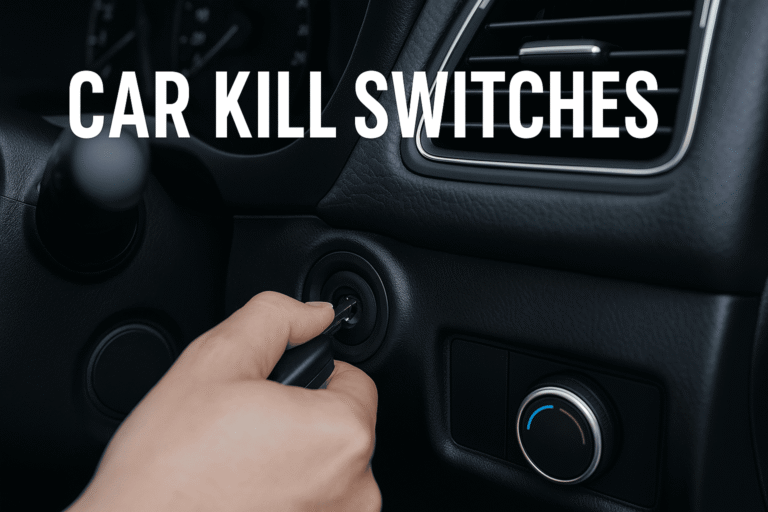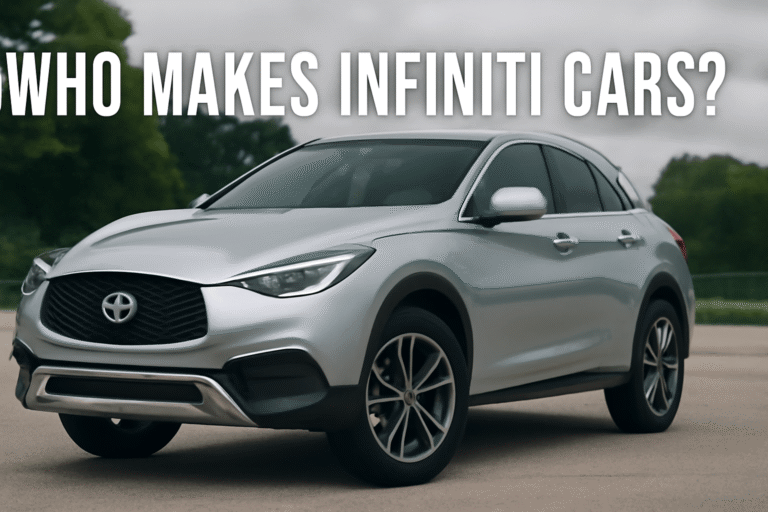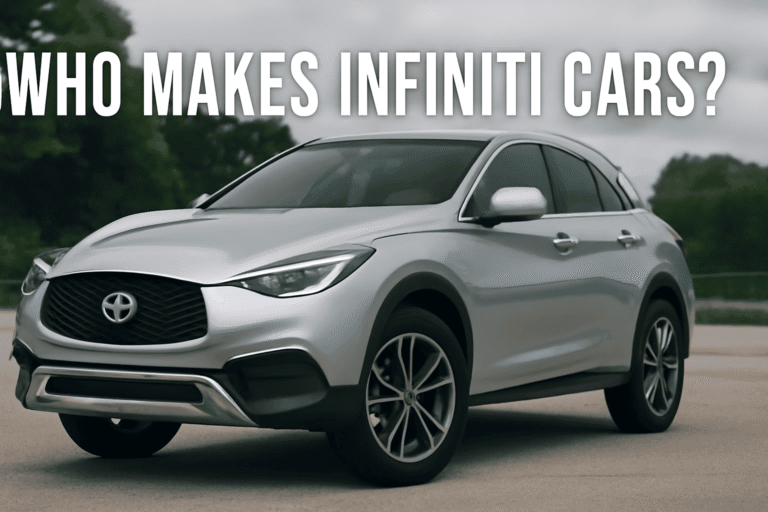Smart Car MPG – Discover Efficiency and Save on Fuel Costs
As I set out to explore the world of smart cars, one of the first things I noticed was how impressive their fuel efficiency can be. When it comes to Smart Car Mpg, these vehicles are truly changing the game.
With increasing fuel prices and environmental concerns, it’s no surprise that more and more people are turning to smart cars for a greener, more economical driving experience.
What is Smart Car MPG?
The term “smart car MPG” refers to the miles per gallon (MPG) a smart car can achieve. Smart cars are designed with efficiency in mind, boasting smaller engines, lightweight materials, and advanced technology that maximizes fuel efficiency.
On average, a smart car can achieve between 30 to 40 miles per gallon in the city and up to 50 MPG or more on highways, depending on the model and driving conditions. This makes smart cars a great option for those who want to save money at the pump.
You seems to be more interested in Car and other vehicles related guide, you can check out our recent guide on:
ZZ Top Car: A complete Guide
Why Is Smart Car MPG So Important?
Fuel efficiency is crucial for a variety of reasons. First and foremost, it reduces the amount of money you spend on gasoline. With the rising cost of fuel, driving a car that offers high MPG can lead to substantial savings over time.
Furthermore, fuel-efficient vehicles help reduce greenhouse gas emissions, contributing to a cleaner environment. Smart cars are specifically designed to deliver on both of these fronts, making them an excellent choice for eco-conscious drivers.
Factors That Affect Smart Car MPG
Several factors influence the smart car MPG you can expect to achieve. Here are a few key considerations:
Driving Style:
Aggressive driving, including rapid acceleration and heavy braking, can significantly reduce your car’s fuel efficiency. By adopting smoother driving habits, such as gradual acceleration and braking, you can improve your MPG.
Vehicle Weight:
Lighter vehicles typically consume less fuel than heavier ones. Smart cars, with their compact size and lightweight construction, naturally excel in this area, offering impressive fuel efficiency.
Maintenance:
Regular maintenance, such as ensuring your tires are properly inflated and your engine is running smoothly, can help maintain optimal fuel efficiency. Keeping your car well-maintained is a simple yet effective way to keep your smart car MPG at its best.
Road Conditions:
Driving in stop-and-go traffic or on hilly terrain can decrease your car’s fuel economy. Smart cars perform exceptionally well on highways, but in city driving, their fuel efficiency can fluctuate depending on traffic conditions.
If you are interested in fashion and other accessories you should take a look at Carat Diamond Ring
How Smart Cars Achieve High MPG
Smart cars use several advanced features to maximize their fuel efficiency:
Efficient Engine Design:
Most smart cars are equipped with small engines that require less fuel to operate. These engines are highly efficient, providing just enough power for the vehicle while keeping fuel consumption low.
Aerodynamics:
The sleek, compact design of a smart car helps reduce drag, allowing the vehicle to move through the air more efficiently. This means less energy is required to maintain speed, which results in better fuel economy.
Hybrid and Electric Options:
Some smart cars are available in hybrid or fully electric models. These vehicles use electric motors to supplement their gasoline engines or, in the case of fully electric models, eliminate the need for gasoline altogether. This further improves smart car mpg and eliminates the need to rely on fossil fuels.
Regenerative Braking:
Many smart cars come equipped with regenerative braking systems, which capture the energy that is typically lost during braking and convert it into usable energy to recharge the battery. This feature is especially beneficial in hybrid and electric models, as it helps improve fuel efficiency.

Benefits of Owning a Smart Car
Owning a smart car comes with numerous advantages beyond just fuel efficiency. Here are some of the key benefits:
Cost Savings:
With better smart car mpg, you’ll spend less money on gas over time. This can lead to substantial savings, especially for individuals who drive frequently or over long distances.
Environmental Impact:
Since smart cars consume less fuel, they emit fewer pollutants into the atmosphere, making them a more eco-friendly choice. Choosing a smart car is an effective way to reduce your carbon footprint.
Low Maintenance Costs:
Smart cars are designed to be easy to maintain, with fewer parts to replace and simpler engine designs. As a result, maintenance costs are often lower than those for larger, more complex vehicles.
Tax Incentives:
Depending on your location, you may be eligible for tax incentives or rebates when purchasing a fuel-efficient smart car, particularly if you choose a hybrid or electric model.
How to Maximize Your Smart Car’s MPG
While smart cars are already designed to be fuel-efficient, there are steps you can take to optimize their performance even further:
Drive at Steady Speeds:
On the highway, try to maintain a consistent speed. Using cruise control can help maintain an even pace and prevent unnecessary fuel consumption.
Minimize Excess Weight:
Avoid carrying unnecessary items in your car, as additional weight can reduce fuel efficiency.
Use Air Conditioning Wisely:
Using the air conditioning system in your smart car can increase fuel consumption, especially at lower speeds. If possible, try to limit its use.
Plan Your Trips:
Combining errands and planning your routes in advance can help reduce the amount of time you spend driving, ultimately saving on fuel.
Final Thought
In conclusion, smart car MPG is a key factor in their appeal, offering an impressive balance of fuel efficiency, low emissions, and cost savings. By choosing a smart car, you’re not only making a smart financial decision but also contributing to a greener, more sustainable future.
Whether you’re driving a traditional gas-powered model, a hybrid, or an electric vehicle, you’ll benefit from the innovations that make these cars so efficient.
People also ask





